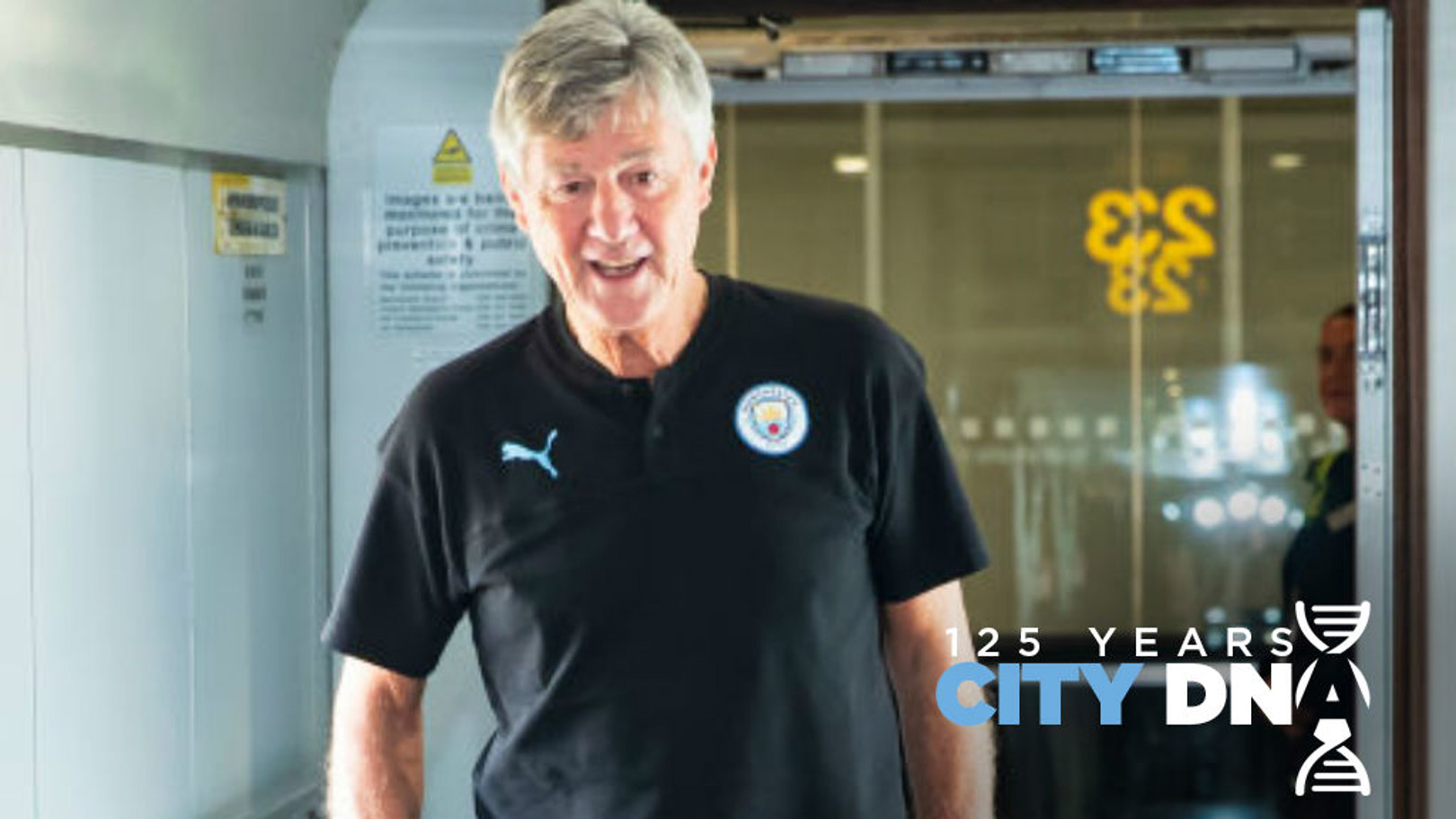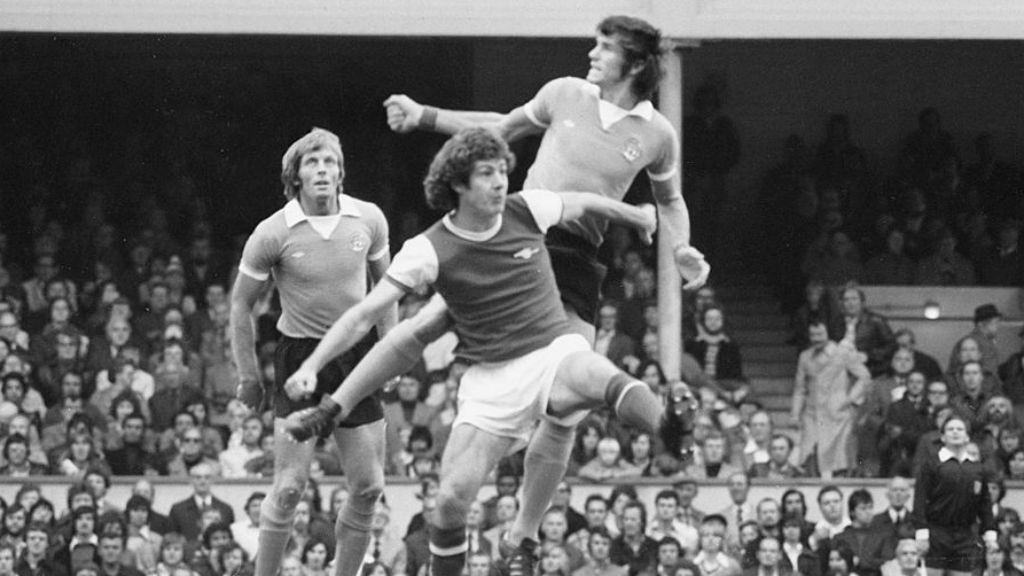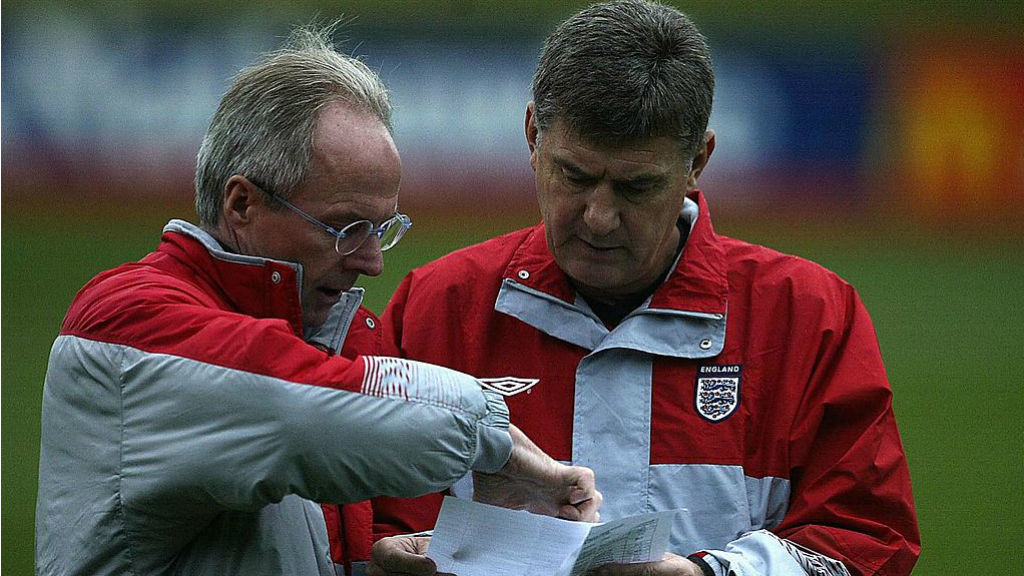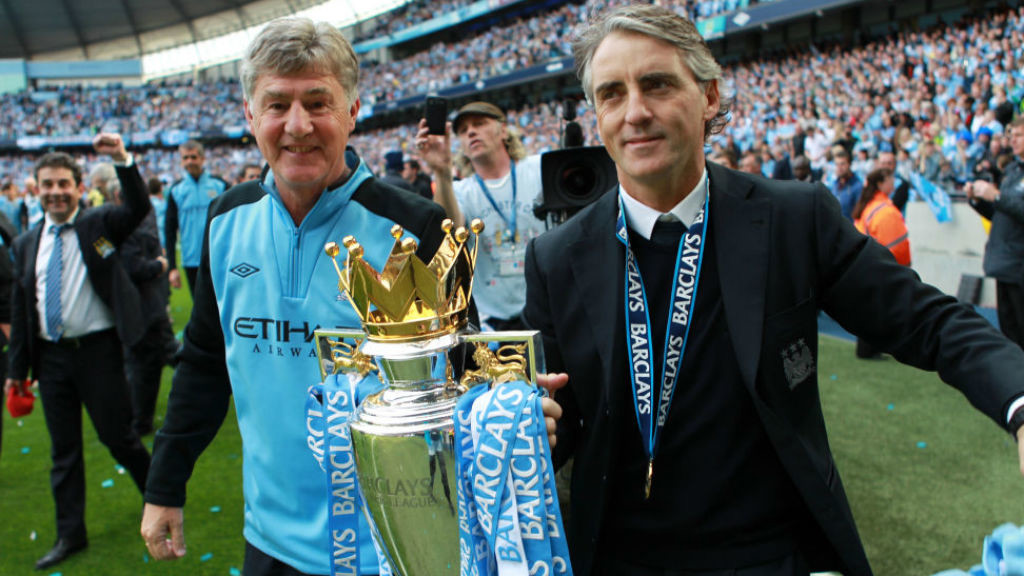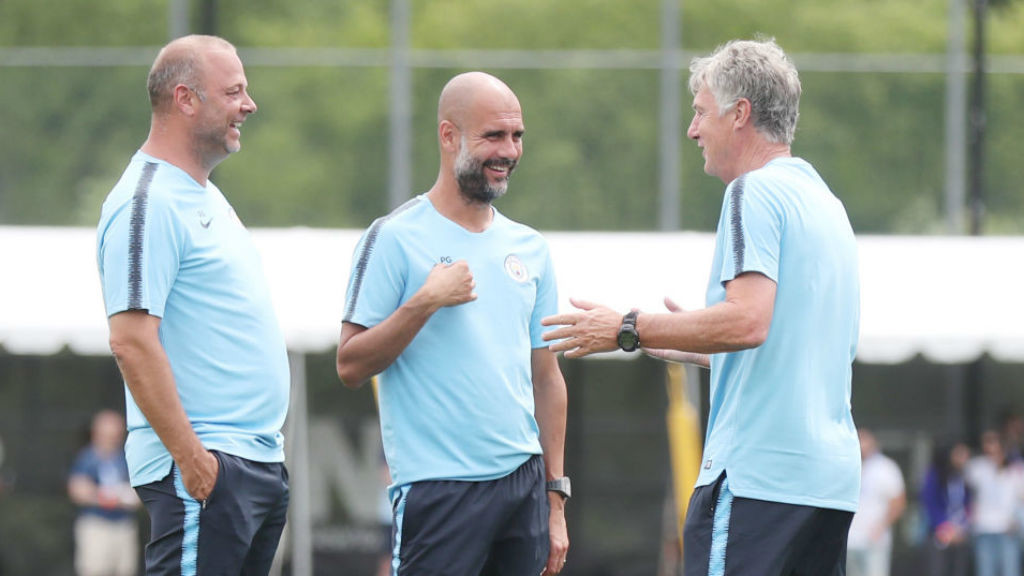A towering and hugely respected figure on the English football scene for more than half a century, Kidd, who celebrates his 76th birthday today, has accumulated a stellar back-story that is without equal.
The former England striker served both the blue and red halves of Manchester with great distinction during his illustrious playing career which spanned three decades.
But, uniquely, initially with United and latterly with City, Kidd went on to subsequently experience huge success on both sides of the Manchester divide through his renowned coaching prowess.
A teenage prodigy with United, Collyhurst-born Kidd represented the red side of Manchester from the late 1960s through to the early 70s.
The highlight of his time at Old Trafford undoubtedly came in 1968 when, on his 19th birthday, Kidd was on the scoresheet to help United overcome Benfica 4-1 at Wembley and so become the first English side to lift the European Cup.
Along the way, Kidd also won two England caps, scoring the winner on his final appearance for the Three Lions, a 1-0 win over Ecuador in a warm-up match for the 1970 World Cup finals.
After chalking up more than 200 league appearances for United, scoring more than 50 goals, in the wake of their relegation into Division Two in the summer of 1974 Kidd moved on to Arsenal.
Goals were again his currency at Highbury where he plundered a further 30 strikes from just 77 league appearances for the Gunners.
Two years later, Kidd was on the move once more, returning to Manchester where he was to link up with Tony Book’s exciting City side, who had just lifted the 1976 League Cup.
It proved a wise, astute move on Book’s part.
Kidd became part of a vibrant, hugely exciting City side who many observers felt were desperately unlucky not to lift the league title in 1976/77, where we ultimately finished second just a point behind Liverpool.
In a magnificent debut season at Maine Road, Kidd claimed a hugely impressive 21 goals from 39 league appearances.
And his impact continued over the next two seasons with Kidd clocking up 128 league appearances in total for the Club, netting more than 50 goals.
During his time at Maine Road, Kidd also made his derby mark, scoring three times for City in clashes against United, including a memorable brace in our 3-1 home victory over Dave Sexton’s side in the 1977/78 campaign.
Brian then moved on once more, making the short switch to Everton after leaving City in 1979.
That meant he also had the distinction of experiencing - and scoring - in both the North London and Merseyside derbies as well as the all-Manchester affair.
Following subsequent spells at Bolton and latterly in the USA, Kidd finally hung up his boots in 1984 after a superb career that saw him chalk up more than 500 games, scoring more than 200 goals into the bargain.
Given his appetite for the game and insatiable thirst for knowledge, it was no surprise that Brian then began to carve out a reputation for being one of the most innovative and astute coaches working in the English game.
And in a mirror image of his playing career, Brian went on to enjoy enormous success as one of English football’s most highly regarded back room operators with both United and City.
His work at United, where he served as youth team coach and then assistant manager under Sir Alex Ferguson between 1991 and 1998, coincided with a period of sustained success for the Old Trafford club with Kidd also instrumental in the development of a conveyor belt of young English talent.
Brian then went on to hold a succession of senior managerial and coaching roles at Blackburn, Leeds, Portsmouth and Sheffield United as well as becoming a trusted and key member of Sven-Goran Eriksson’s coaching staff with England before his storied career saw him return to City in 2009, initially as Technical Development manager.
Upon the arrival of Roberto Mancini in December of that year however, Kidd was appointed assistant manager and it proved an inspired appointment.
Kidd’s vast knowledge of the English game, allied to his natural empathy with the players and renowned tactical acumen, all combined to great effect and he proved a indispensable component in Mancini’s coaching staff as City ended our 35 year wait for silverware by lifting the 2011 FA Cup.
A year later, Kidd’s influence was evident once again as City secured our first Premier League title in the most dramatic finish to a season ever and his vast pool of knowledge and expertise continued to be utilised to the full in what proved to be the most successful period in the Club’s history.
He was a reliable and valued thread linking together the reigns of Mancini, Manuel Pellegrini and the initial years of Pep Guardiola’s reign.
It’s surely no coincidence that the trio all appreciated and were keen to tap into the vast reservoir of knowledge about the English game amassed by Brian in more 50 years in football.
A quiet, humble individual who has never lost touch with his Mancunian roots, Kidd largely shunned the limelight preferring to let his work speak for him, though his rapport, empathy and affable nature have made him hugely popular with generations of players.
Beneath his calm exterior though, the passion burns deep.
That fact was never more evident than when Kidd joyously leapt into the arms of Mancini amidst those spine-tingling scenes at the Etihad after that unforgettable 93:20 moment in 2012.
A remarkable man, a remarkable career.

